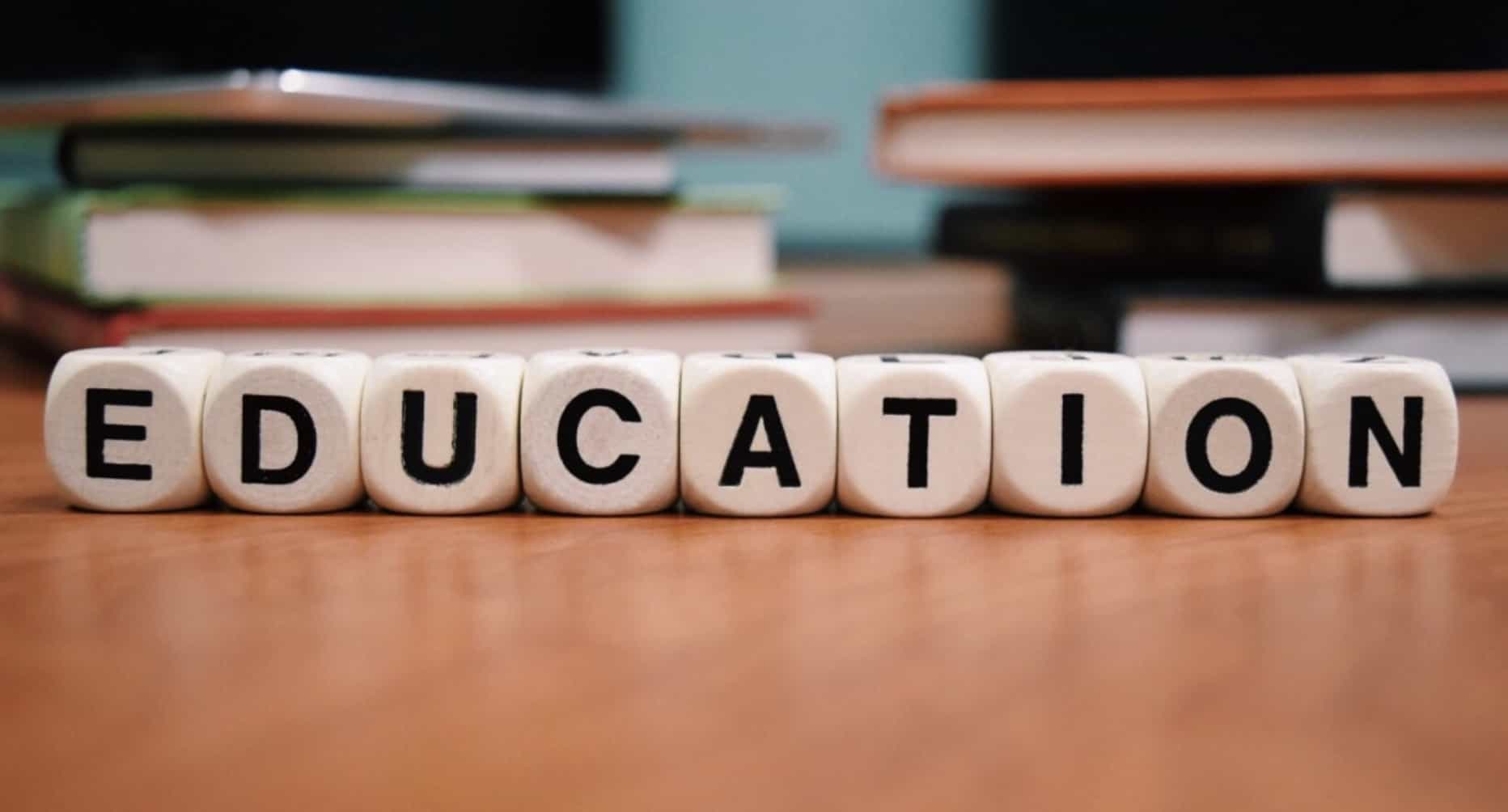Education brings natural and lasting changes to the rationality and ability of individuals to achieve goals. It helps us study our ideas and thoughts and prepare us to express them in various forms.
Education is the main factor that encourages us to distinguish between right and wrong because without education we will not be able to do what we need or achieve our goals.
This is also the way to our destiny because success can only be achieved when the individual has the information, can, and lies. In this way, education is like a means by which we can communicate with people and deliver our ideas.
To solve problems and be creative, we must first have some basic skills. We need learning and skills to become more and more imaginative.
Therefore, education is learning skills and ideas, which can make us more and more innovative and problem-solving. papercheap.co.uk is acquiring the ability to develop and care for problems to realize its legitimate motivation.
Education also means helping people learn how to do things and encouraging them to think about what they have learned. It is also important for educators to teach how to find and use information. Through education, knowledge of society, the country, and the world are passed on from generation to generation.
In democracies, through education, children and adults should learn to be active and effective citizens. More specifically, education helps people move from one class to another and guides them. Empowered people, societies, countries, through education, take control of the people in the lower growth pyramid.
Types of Education
Education goes beyond what happens in the four walls of the classroom. The child is educated through out-of-school and internal experiences based on these factors. Following are three keyforms of education system:
- formal,
- informal,
- Non-formal
Formal Education
Formal education or formal learning usually takes place in schools, where people can learn basic, academic, or business skills. Children usually go to kindergarten or preschool, but formal education usually starts in elementary school and continues through middle school.
Post-secondary education (or higher education) is usually conducted in colleges or universities that can award academic degrees. It is associated with a specification or phase and is provided according to a specific set of rules and regulations.
Formal education is provided by highly qualified teachers who are considered to be capable of teaching effectively. It also observes strict discipline. Both students and teachers know the facts and participate in the educational process.
Informal Education
Informal education can be parents teaching their children how to cook or ride a bicycle. Informal education means that you are not studying at school and not using any specific learning methods. There is no conscious effort for this kind of education.
It is neither pre-planned nor deliberate. You can study in the market, hotel or home. Informal education is not carried out on a fixed schedule. No fixed courses are required. It includes experience and actual life in the family or community.
Non-formal Education
Non-formal education includes basic adult education, adult literacy education, or equivalent preparation for school.
Other possibilities are home education, personalized teaching (such as programmed learning), distance learning, and computer-assisted teaching.
Non-formal education has been implemented consciously, deliberately, and systematically. It should be organized in a homogeneous group. Non-formal education should be designed to meet the needs of the identified groups. This will require flexible curriculum design and assessment programs.

